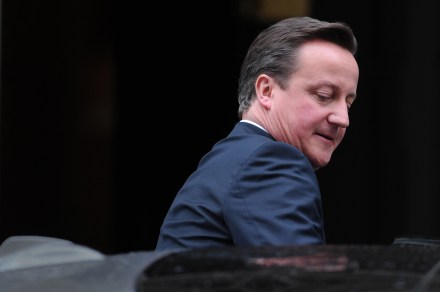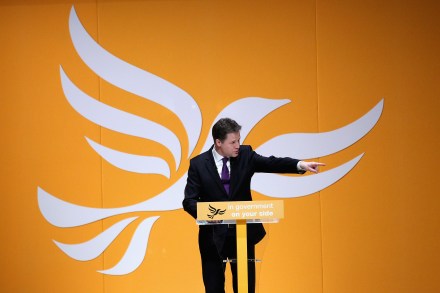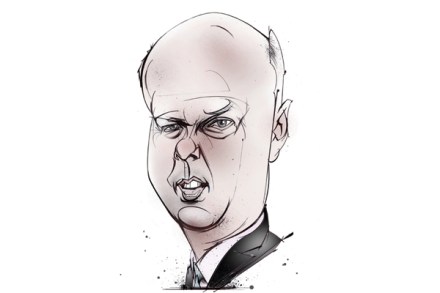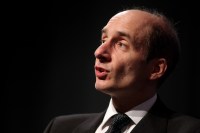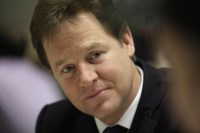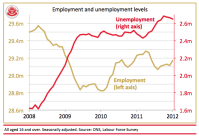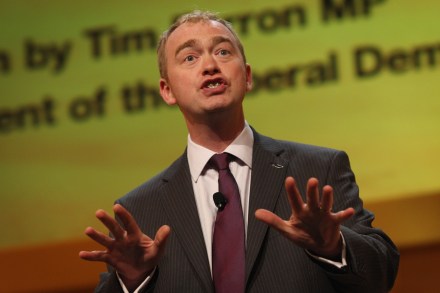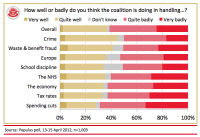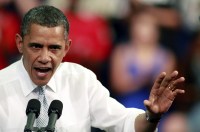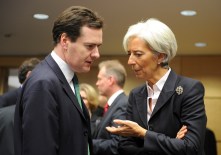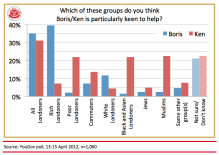Cameron and the civil service coup
We thought CoffeeHousers might care to read James’s political column from this week’s magazine (on sale today), so here it is: There is a split in the Cameron circle. The divide is between those who think that the problems of the past few weeks have been a blip, one that will end when Boris Johnson wins in London, and those — including some of the Prime Minister’s closest friends — who fear the problems are symptoms of a disease that could cripple the government. At stake in this debate is the future strategic direction, and the potential success, of the Cameron project. The Prime Minister, ever the optimist, is in
